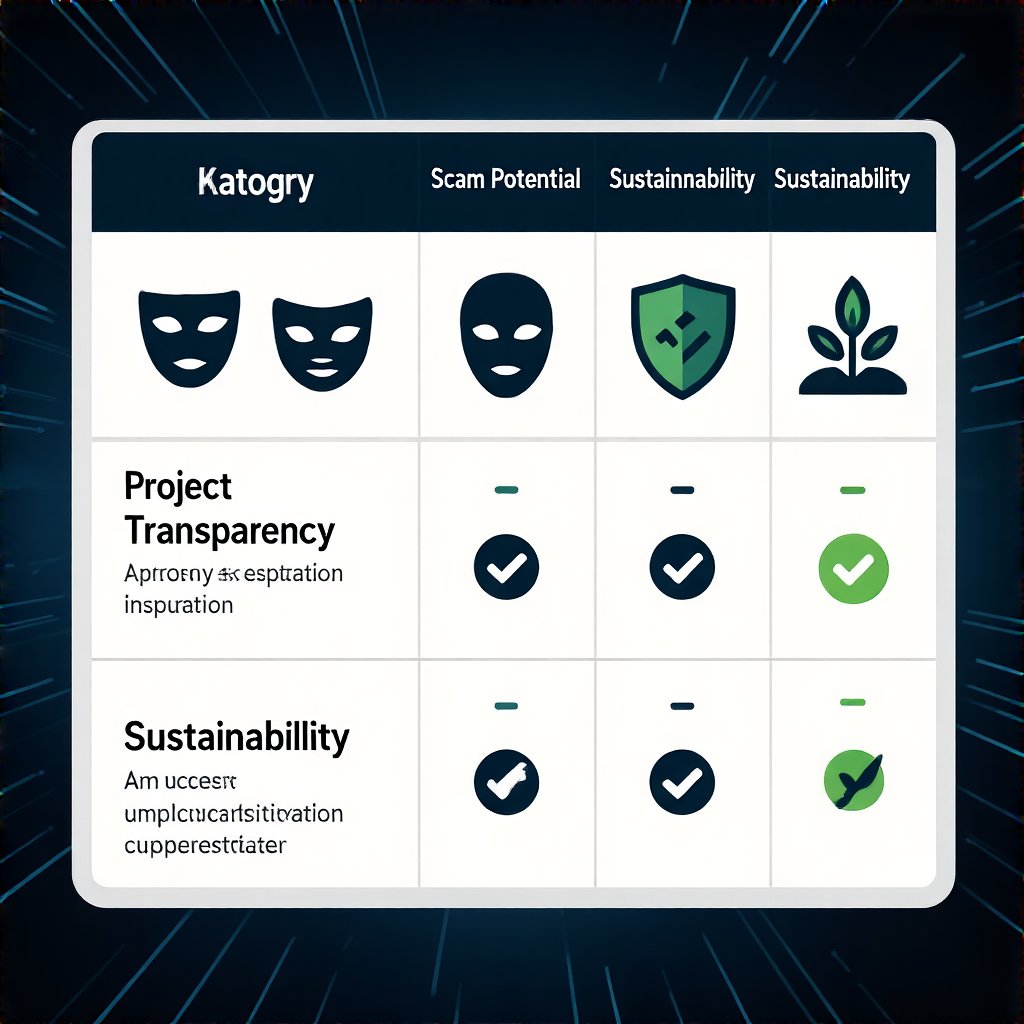The Role of Anonymous Teams in Crypto Projects: Risks & Insights

In the world of cryptocurrency, many projects are led by teams that choose to remain anonymous. While this can foster decentralization and privacy, it also introduces significant risks for investors and users. Understanding the dynamics of anonymous teams helps you make informed decisions in this high-stakes environment.
- Why Do Crypto Teams Remain Anonymous?
- Risks and Challenges of Anonymous Teams
- How to Evaluate Projects With Anonymous Developers
Why Do Crypto Teams Remain Anonymous?
Developers may choose to stay anonymous for various reasons: privacy concerns, protecting themselves from legal or regulatory repercussions, or simply adhering to the ethos of decentralization. Some projects see anonymity as a way to avoid individual accountability, fostering a community-driven environment. However, this anonymity can obscure accountability, making it harder to verify the legitimacy of the project.

Risks and Challenges of Anonymous Teams
Investing in projects with anonymous teams carries inherent risks. Without identifiable leadership, it becomes difficult to assess the team's credibility or track record. This opacity can increase the potential for scams, pump-and-dump schemes, or projects being abandoned after raising funds. For example, numerous exit scam tokens have been launched by anonymous teams that disappear once they've cashed out, leaving investors with worthless assets.
Moreover, when team members are anonymous, legal recourse becomes challenging if things go wrong. This lack of transparency can also hamper project governance and community trust, which are crucial for long-term success.
How to Evaluate Projects With Anonymous Developers
Despite the risks, some anonymous projects do deliver value. The key is to conduct thorough due diligence. Look into the project's codebase, community engagement, and the transparency of its development process. Utilize resources like audit reports and check for consistent communication from the project team on social media or official channels.
It is also essential to analyze the tokenomics, project roadmap, and real-world partnerships that can lend credibility. For example, a project undergoing regular audits can mitigate some risks associated with anonymity. Remember, if a project with an anonymous team can't demonstrate transparency and accountability, it's wise to be cautious or avoid investing altogether.
Ultimately, understanding the nature of anonymity in crypto helps you be a smarter investor. Always prioritize projects with transparent teams and clear development histories. Being vigilant isn't just a habit—it's your digital self-defense.